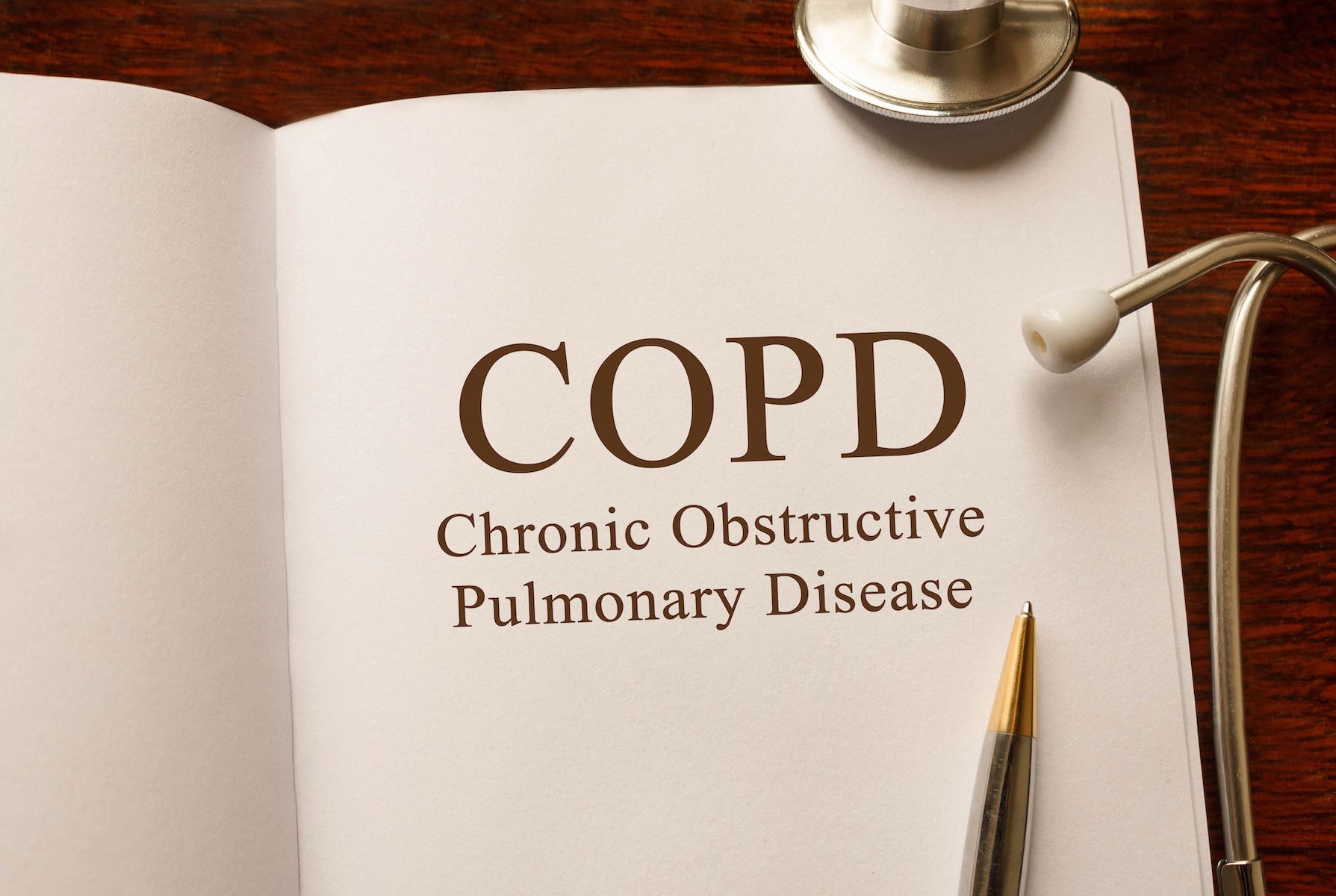Pharmacist-led interventions were promising in improving outcomes among patients with chronic obstructive pulmonary disease (COPD), according to a study published in Medical Principles and Practice.1 Pharmacists’ capabilities in facilitating improved COPD outcomes highlight their increasing role in disease management.
“Managing COPD involves both pharmacological and non-pharmacological treatments, emphasizing the correct usage of medications and therapies,” wrote authors of the study. “A multidisciplinary approach, including doctors, pharmacists, physiotherapists, nurses, and even laypeople, is crucial for providing comprehensive, patient-centered care and improving life quality.”
COPD is a respiratory illness that causes damage in patients’ lungs and airways. This damage then leads to inflammation, making it difficult for patients to breathe. In the US, COPD affects over 14 million patients and it also goes significantly undiagnosed. Furthermore, there is no cure for the disease, making the providers who manage COPD medications and treatment regimens crucial to patient health.2
Researchers explored pharmacist-led interventions in the context of COPD management. | image credit: MP Studio / stock.adobe.com
READ MORE: Pharmacists’ Role in Helping Patients Manage COPD | ASHP Midyear
Aside from specific therapeutic avenues like oxygen therapy and pulmonary rehabilitation, there are several different medications used to treat COPD symptoms. They include nebulizers, bronchodilators, inhaled or oral steroids, antibiotics, combination inhalers, and more. Finally, quitting smoking is almost always the first lifestyle change providers suggest patients with COPD make.3
While guidelines surrounding COPD medications and treatment may be well-established, the provider that will best facilitate COPD management and outcomes hasn’t necessarily been agreed upon.
“The term ‘pharmacist-led care’ or ‘pharmacist-led interventions’ refers to health care services where pharmacists play a leading or central role in patient care,” they continued.1 “These concepts cover a wide range of activities involving pharmacists directly in clinical patient care across various settings.”
With pharmacist-led interventions and care increasingly on the rise, researchers explored them in the context of COPD management. The goal of the researchers’ study was to present the potential impact that pharmacist-led interventions and counseling can have for patients struggling with the condition. Furthermore, they conducted a systematic search to identify the nature and success of these interventions.
The researchers’ method for doing so consisted of the curation of key research questions: “What impact do pharmacist-led interventions have on health-related outcomes of patients with COPD?” and “Which interventions are particularly effective?” They then searched internet databases on November 19, 2023, to quantify the role of pharmacists’ interventions in COPD management.
“Included studies involved patients diagnosed with chronic obstructive pulmonary disease (COPD), regardless of gender, population group, or country. Interventions had to be pharmacist-led and could include any form of pharmaceutical care or counseling,” the authors wrote.1 “Eligible outcomes included changes in health-related quality of life, medication adherence, hospitalization rates, inhalation techniques, or disease-related knowledge.”
Finally, pharmacist-led interventions were all conducted in community pharmacies, outpatient clinics, or hospital settings. The review’s final analysis included a total of 9 randomized control trials (RCTs) with 2094 patients that had COPD.
Whether they were a pharmaceutical care program with COPD education or simple counseling sessions, the 9 RCTs uncovered in the review mainly focused on medication adherence and health-related quality of life through a variety of pharmacist-led interventions. Education, awareness, and inhaler techniques were also areas of focus in these studies.
“Significant health improvements were noted in the intervention groups in 8 out of 9 studies compared to control groups, though concerns about high bias risk and lack of blinding were noted,” continued the authors. “The GRADE evaluation showed evidence quality ranged from ‘low’ to ‘very low.’”
Despite limitations in quality, bias, and blinding, almost all RCTs (88.9%) highlighted the pharmacist’s ability to improve COPD outcomes compared with control groups. While adherence and quality of life were the main areas of improvement in these trials, researchers uncovered overall positive effects on patients’ disease understanding as well as hospitalization rates.
Future research will focus deeper on the pharmacist’s role in COPD management, as well as other diseases. Researchers also suggest that future studies aim at strengthening the current evidence from reviews like the current one.
“Most included studies showed positive effects of pharmacist-led interventions on medication adherence, COPD knowledge, inhaler technique, and quality of life, though some had no significant impact,” they concluded.1 “To draw firm conclusions, further high-quality studies with robust methodology are essential to strengthen the evidence base and close existing knowledge gaps.”
READ MORE: Respiratory Resource Center
Pharmacy practice is always changing. Stay ahead of the curve: Sign up for our free Drug Topics newsletter and get the latest drug information, industry trends, and patient care tips, straight to your inbox.
